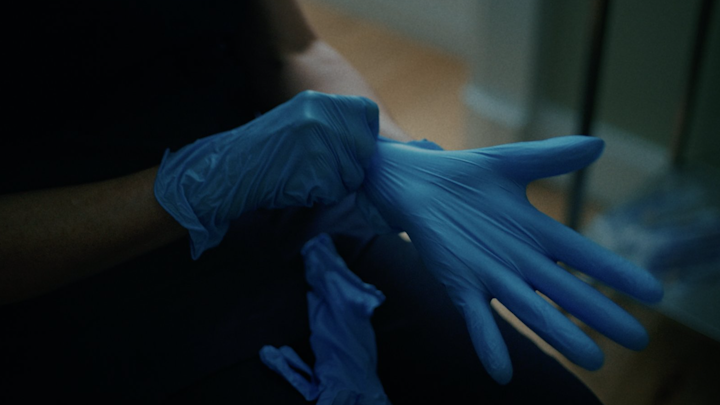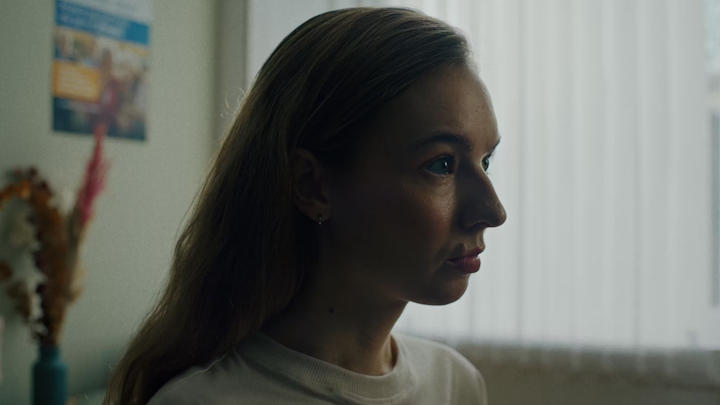Green Screen: How to aim for set-zero
With COP26 happening now in Glasgow, the conversation surrounding the climate emergency has never been more urgent. United in the fight against climate change, the film industry must also play their part by keeping productions as green as possible. MTP are proud to have collaborated on multiple climate emergency campaigns over the past year, operating AdGreen sets, further opening our eyes that every change we make has an impact. With numerous initiatives already in motion, including BAFTA’s albert, AdGreen and creative carbon scotland, doing our bit has never been simpler. Change won’t happen overnight, and global industry shifts are necessary in keeping our screens greener. But we can, and must all do our bit. To mark COP26, MTP are revisiting our blog on green production practices - read on to find out about some of the changes we can all make, to contribute to a sustainable present for a greener future.
Travel
We all know that trains, planes and automobiles are a significant contributor to carbon emissions. There are many ways to keep travel and emissions low, such as hiring local crew or using electric and hybrid vehicles, but read on for a biggie.
- Oftentimes international filming is unavoidable, but before including specific international locations and inevitable air miles in your script, think local. Read our blogs on how Glencoe and Glasgow can double as New Zealand, Norway, North America and Greenland amongst others. With diverse and dramatic locations right on our doorstep in the UK, that perfect location might be closer to home than you think.
Disposal
Keeping landfill to a minimum is ever simpler these days with sophisticated disposal systems, registered waste management companies and a growing drive within the industry to repurpose materials, from sets to costumes. While it’s a given that productions should operate recycling stations on set, what to do with those harder to recycle items?
- Filming has wrapped and you’re left with a set, props and costumes you no longer need. Instead of going to landfill first, think rehome and reuse. With scores of sites like Set Exchange offering freecycling within the Film & TV industry, it’s never been easier.
- Hazardous and chemical waste from productions can seriously harm the planet and local wildlife. Companies like Hazgreen are here to help safely dispose of hazardous waste such as paint and aerosols, with the aim to turn them into recyclable materials.
- Eyes bigger than your tummy? You can donate any catering leftovers to companies like Fareshare, who redistribute extras to charities to be turned into meals.
Power
Power makes a production go round, but by making small changes like switching out diesel for solar or bulbs for LED lights, you can still power your set without compromising the planet.
- Using a generator? Why not switch out your diesel generator with a greener, more cost effective alternative. With countless companies such as Hybrid Power Hire and Green Voltage running on renewable energy sources such as solar, going green is simple and won't break the bank.
- You can’t run a production without lights, camera, action, but your lights needn't cost the planet. Many suppliers, including Arri, offer several LED and LEL (low energy lighting) ranges. You can find a full list of suppliers here.
- While some emissions are inevitable, you can offset your emissions for a greener production. Using albert’s online carbon calculator alongside the upcoming 2021 AdGreen carbon calculator, you can predict your carbon emissions to ensure budget is set aside to offset unavoidable emissions at the end of production.
Go Reusable
With plastic and paper ever being phased out in favour of reusable alternatives, eco choices are at the forefront of our minds. From the use of paperless online systems for sharing files such as scripts, rushes and edits to water bottles, water coolers and biodegradable catering packaging like Vegware, progress is being made. However, if you can’t go recycled, go recyclable.
- If you are unable to use wood from pre-existing sets, try to source PEFC and FSC certified timber, helping to protect habitats and wildlife.
- Always look out for low and zero VOC paints. They’re less hazardous to the local environment and free of air contaminants and pollutants.
- Need to lay down floor protection on location? Don’t think correx, try reusable mats such as Locamats, keeping your floors squeaky clean and protecting the environment at the same time.
- Why not try picking up props and costumes from local charities? You can even freecycle them when you’re done.
Education
The climate crisis isn’t going away. The most important step is continuing to remain active participants in the conversations on how to make productions greener. With AdGreen and albert offering free sustainable production training, alongside their expansive offering of resources, including a full sustainable suppliers list, it’s up to us to make screens greener, now and in the future.





